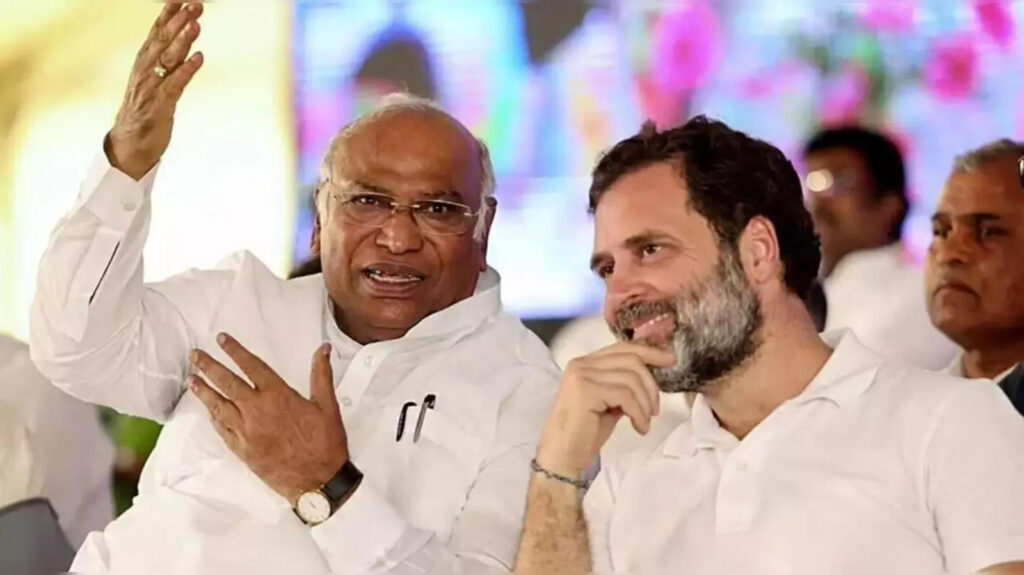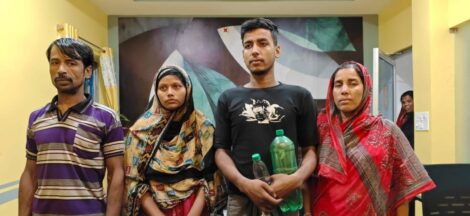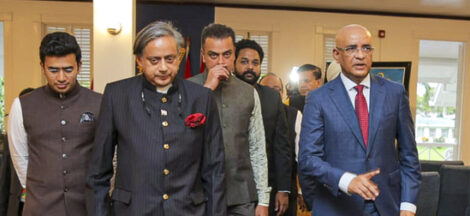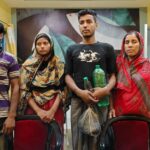Two prominent political figures in Jammu and Kashmir—Taj Mohiuddin and Ghulam Mohammad Saroori—have resigned from Ghulam Nabi Azad’s Democratic Progressive Azad Party and formally rejoined the Congress in Srinagar on Friday. This significant political realignment comes after over two dozen leaders with brief stints in DPAP have returned to Congress in recent days, representing a fresh challenge to Azad’s political ambitions in the union territory.
Taj Mohiuddin, a two-time MLA from Uri and former minister, had served as DPAP’s treasurer since joining in August 2022 when he left Congress. Saroori, who held ministerial responsibilities in the Congress-led state government and served as DPAP vice-president, also bid farewell to Azad’s flock. Both have stepped back into Congress ranks at a function at the party’s Srinagar headquarters, in the presence of key figures including AICC general secretary Syed Naseer Hussain and J&K Congress president Tariq Hameed Karra.
Their return is seen as a morale booster for Congress, which manages six seats in the current legislative assembly—five from Kashmir and one from Rajouri—despite failing to gain ground in the Jammu region. Both leaders expressed remorse about their departure. Mohiuddin described his exit as a lapse, stating he had “never truly left the Congress but had been on leave”. Saroori called his move a “ghar wapsi”—a homecoming—while acknowledging regret for the temporary shift.
Political observers suggest the reentry of these two veterans could galvanise the party’s regional organisation, particularly among Muslim Gujjar communities in north Kashmir and ethnic groups in Jammu’s Chenab Valley, where Saroori wields influence.
The exodus of these leaders underscores DPAP’s recent struggles. Despite Azad’s high profile, the party saw no victories in the 2024 Lok Sabha or the October 2024 assembly polls—contesting 23 seats and failing to secure deposits on most tickets. Azad subsequently dissolved all party units in April, citing a restructuring strategy that has made little visible progress.
Saroori and Mohiuddin are not alone. Last month, Mohammad Amin Bhat, former DPAP Kashmir president, rejoined Congress in Anantnag. Additionally, DDC vice‑chairman Farooq Mir from Kupwara also shifted allegiance back to Congress along with the two ex-ministers.
Karra remarked that the rejoined leaders bring renewed energy and grassroots organisation to the party, and indicated that Congress is processing several other pending applications for return. Hussein added that several more affiliated figures have already reached out and could follow suit.
Azad launched DPAP in September 2022, intent on establishing a credible alternative to dominant regional parties such as the National Conference and PDP. Initially, the party attracted close to 90 per cent of Congress representatives from J&K, but its failure at the ballot box has reversed the momentum. Internal discord and allegations of favouring the BJP further dented its credibility.
As the Congress-led INDIA bloc secured two Lok Sabha seats in J&K in 2024, the return of seasoned politicians like Saroori and Mohiuddin could play a strategic role in rebuilding the party’s voter base ahead of the next assembly election. Mohiuddin’s strength in Uri and Saroori’s foothold in the Chenab Valley may help re-establish Congress in regions where it had been rendered electorally marginal.
The unfolding realignment highlights several broader trends: the fragility of newly formed parties without deep organisational roots, the grounding power of established regional networks, and the resilience of veteran leaders loyal to historical party bases. It also raises questions about DPAP’s future viability, given the exodus of its foundational figures and peripheral cadre.
With further rejoiners reportedly in negotiation and Congress demonstrating an openness to reintegration, the party appears to be crafting a revival strategy rooted in time-tested networks and veteran leadership. For DPAP and Azad himself, the challenge appears daunting: rebuilding from near collapse without electoral success or demonstrable grassroots mobilisation.




 Bangladesh Upholds Public Land Policy Amid Temple Dispute
Bangladesh Upholds Public Land Policy Amid Temple Dispute 